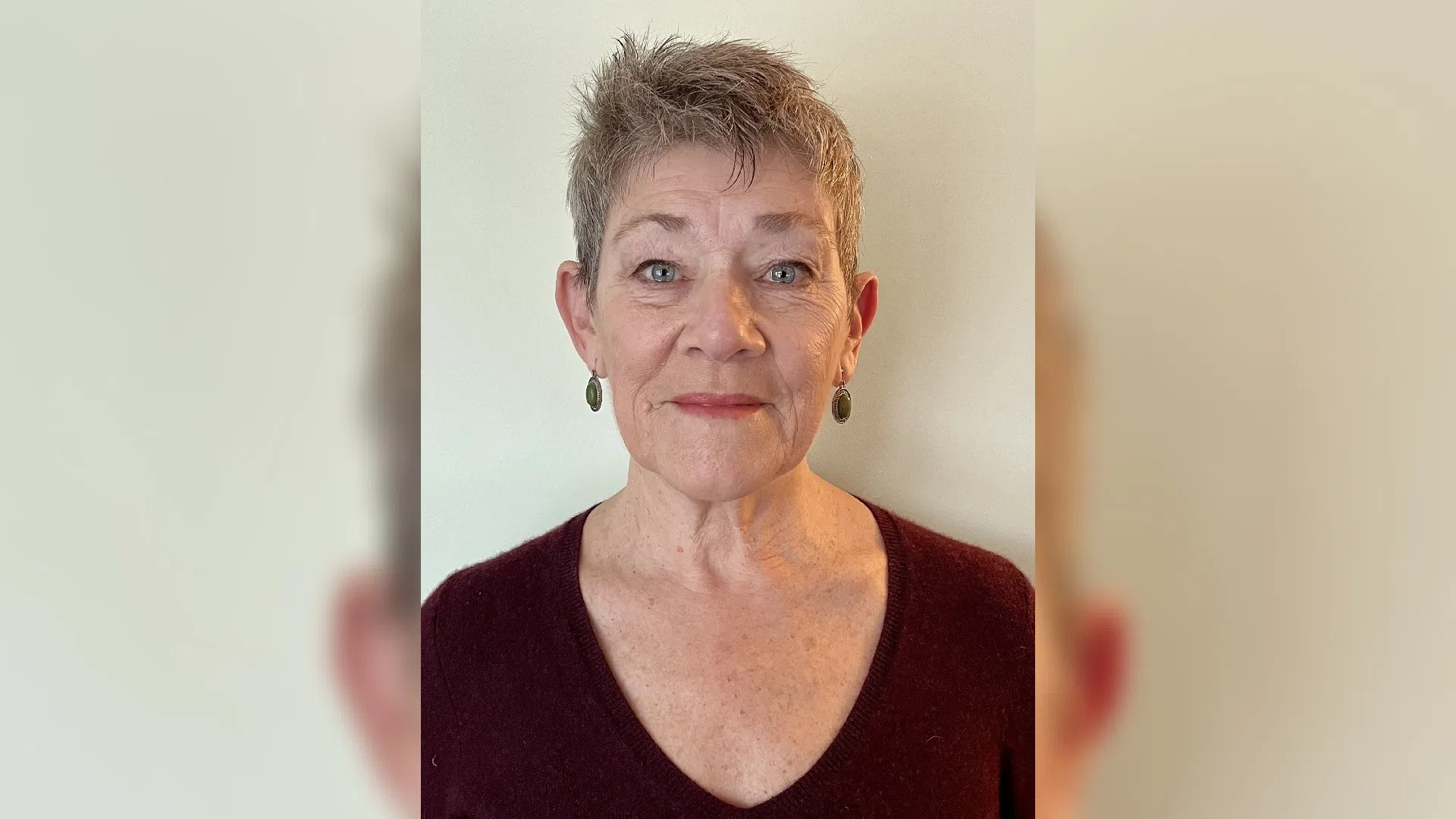An outside citizens group continues to push for a name change for the Université de Moncton.
They launched in 2023, with a petition that was submitted to the school, but at that time the university’s board of governors refused.
“So we’ve been working at getting people to think about what would be a new name, and that’s what we announced last week,” says committee spokesperson Rosella Melanson.
The three suggested names are Université d’Acadie, Université francophone Atlantique, and Université Nouvelle-Acadie.
“It has to show that it’s Acadian, that it’s francophone, that it’s three campuses, not just Moncton, and things like that. There were nine criteria. They brought it down to three names, and we’ll be getting people to vote,” Melanson adds.
The fight to have the name changed isn’t a new one. Melanson says this is the 12th time Acadians have said they wanted a change in the 60-year history of the university.
“This is by far the most grassroots effort. Before this, it was always a committee or a task force, but this time there are thousands on board,” Melanson adds. She says it’s just time.
“The name was chosen as a compromise because back then, I mean, New Brunswick and Moncton were not bilingual, and there was a lot of open hostility to Acadians or francophones or Acadian institutions. And so Moncton was more neutral than saying the University of Acadie. But now I think we’ve grown up and we should have a proud name,” Melanson stressed.
The university was named after the City of Moncton when it was founded in 1963. The city was named after British military leader Robert Monckton, who played a key role in the expulsion of the Acadians in 1755.
Voting will begin on February 14 and run until March. From there, Melanson says they will then submit the names and votes to the university with the hopes they will be more receptive.
“You can’t just push us aside. The university doesn’t belong to the board of governors, it belongs to Acadie. We’ll submit it to the university and hopefully get a hearing. Hopefully, we’ll get them to commit to some kind of process, a process where people will be consulted,” Melanson adds.
“It’s time to have a proud name. That shows that it is Acadian francophone and it belongs to the province, belongs to all of us.”








